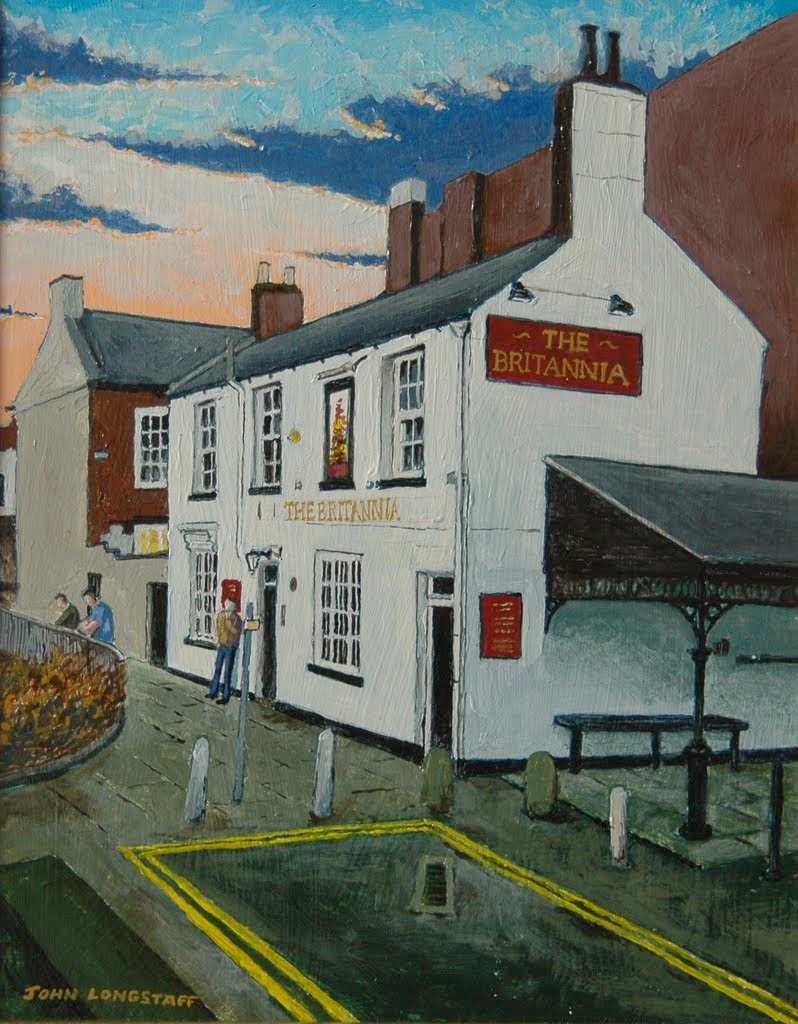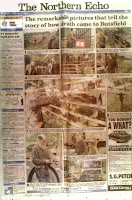The Belfast Telegraph uses a cracking picture taken during the loyalist protests last summer.
The Courier in Dundee goes for a wraparound with a really tight crop to celebrate Andy Murray winning Wimbledon.
The Manchester Evening News wipes out Page 1 with the last text that Lee Rigby sent home before he was butchered on the streets of London.
The Manchester Evening News wipes out Page 1 with the last text that Lee Rigby sent home before he was butchered on the streets of London.
The Northern Echo offers readers alternative front pages for the funeral of Margaret Thatcher. One shows tributes in London, the other former North-East miners condemning the woman they blame for blighting their communities. Both were on display and readers could choose.
The South Wales Echo runs a strong illustration expressing its view of the plans to change Cardiff City's name to the Cardiff Dragons.
The South Wales Echo runs a strong illustration expressing its view of the plans to change Cardiff City's name to the Cardiff Dragons.
Six very powerful pages that illustrate the creativity and passion that is prevalent in the regional Press. I certainly wouldn't like to pick one over the others. Who will win? All will be revealed next Friday. Hopefully, I will see some of you there.






























